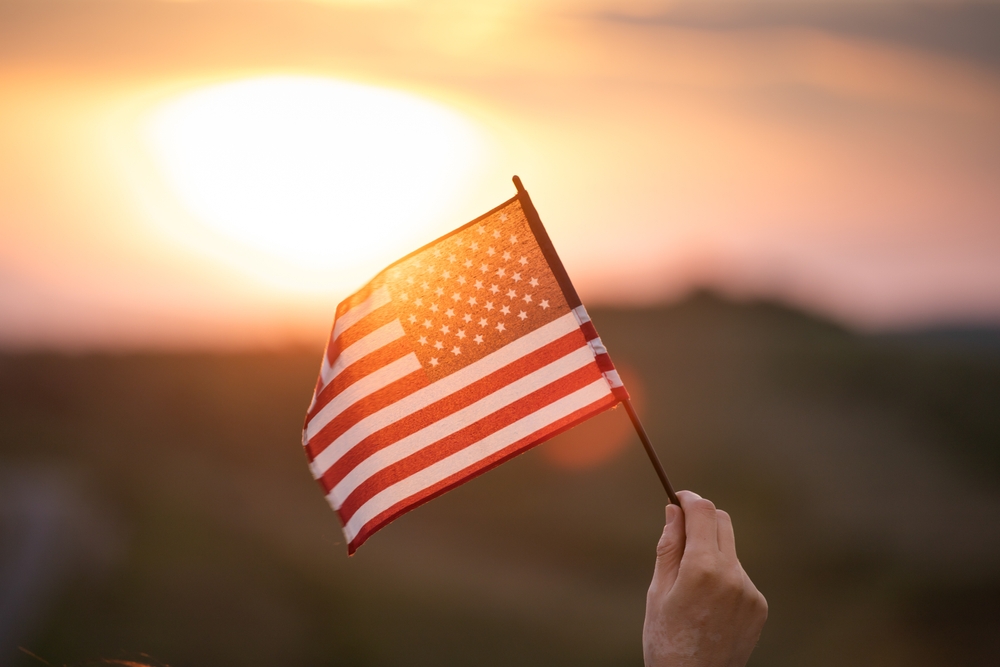Many companies that once stood as symbols of American success are no longer American-owned. Over time, mergers, acquisitions, and globalization shifted control of these iconic brands overseas. Today, they may still feel American in culture and style, but their profits and leadership are tied to foreign corporations. Here are seven surprising examples of brands that have left American hands.
Budweiser
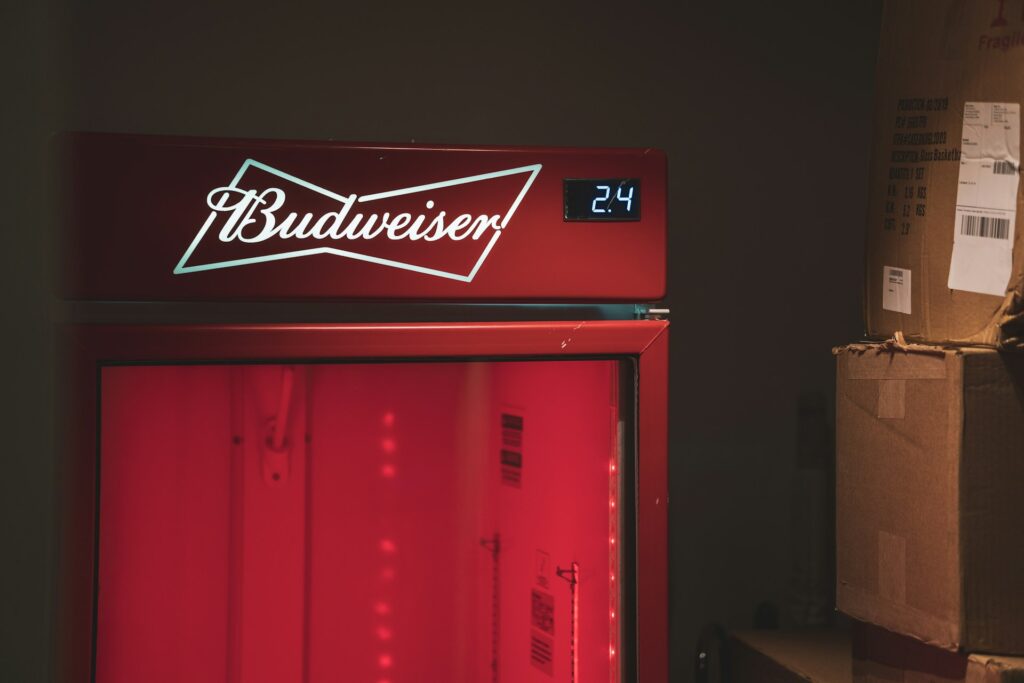
Budweiser is often called the King of Beers, and for good reason. For more than a century it was a proud American product brewed by Anheuser-Busch in St. Louis, Missouri. That changed in 2008 when Belgium-based InBev bought Anheuser-Busch for about $52 billion. The merger created Anheuser-Busch InBev, one of the largest brewing companies in the world. Today Budweiser is still brewed in the United States, but ownership and profits flow through Belgium and Brazil. While marketing still wraps Budweiser in American patriotism, its corporate home is now far from U.S. soil.
7-Eleven
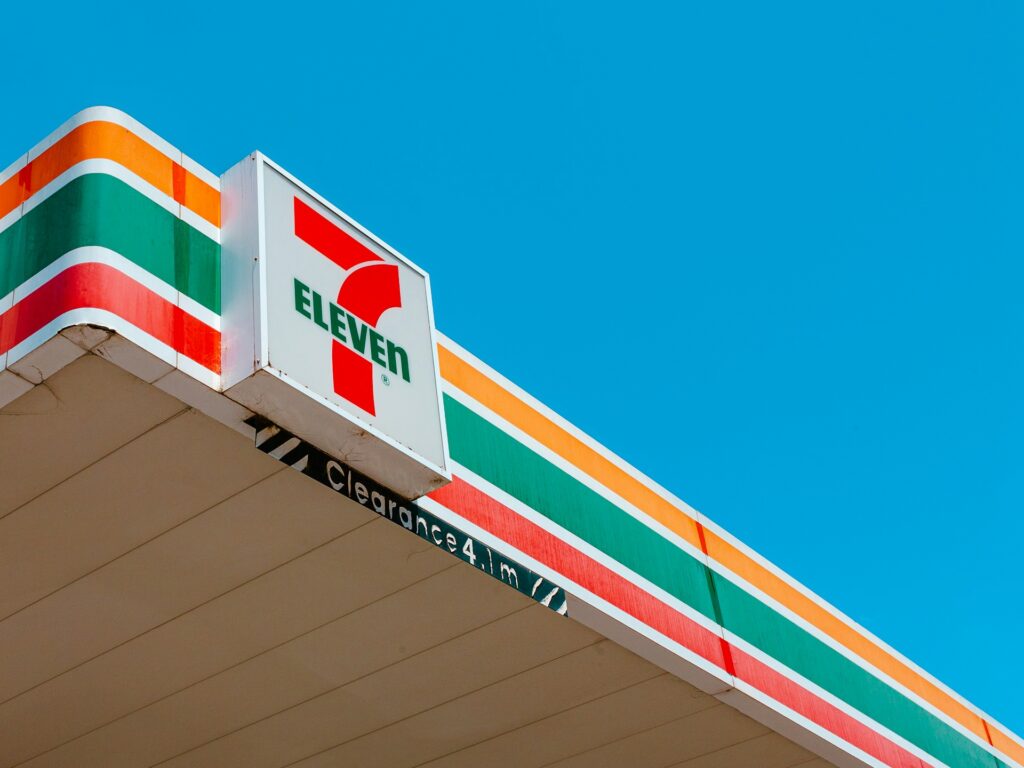
The world’s largest convenience store chain, 7-Eleven, started in Dallas, Texas, in the 1920s as an icehouse selling milk, eggs, and bread. Its name came from its long operating hours, 7 a.m. to 11 p.m., which were unusual at the time. However, in 1991, Japanese retail giant Ito-Yokado and its subsidiary Seven & I Holdings took majority ownership. By 2005, 7-Eleven became fully Japanese-owned. Ironically, most people still associate it with American culture, even though Japan now controls its future.
Burger King
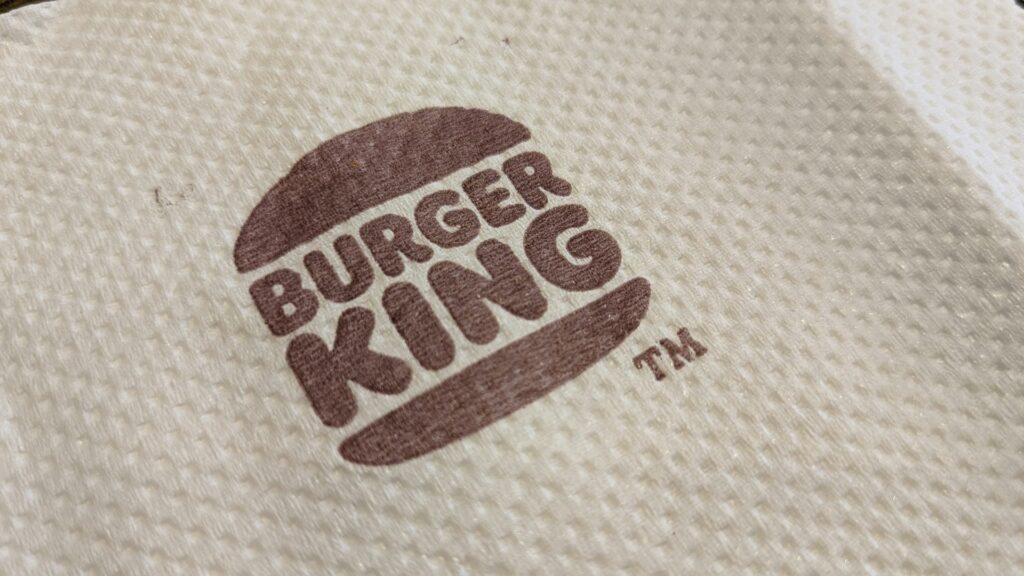
Burger King, founded in Miami in 1954, grew into one of the largest fast-food chains in the world. Known for its Whopper, it competed fiercely with McDonald’s for decades. In 2014, Canadian company Restaurant Brands International, backed by Brazilian investment firm 3G Capital, acquired Burger King. The move shifted its corporate headquarters to Canada. While American in style and flavor, Burger King now operates under Canadian ownership alongside Tim Hortons and Popeyes.
Firestone
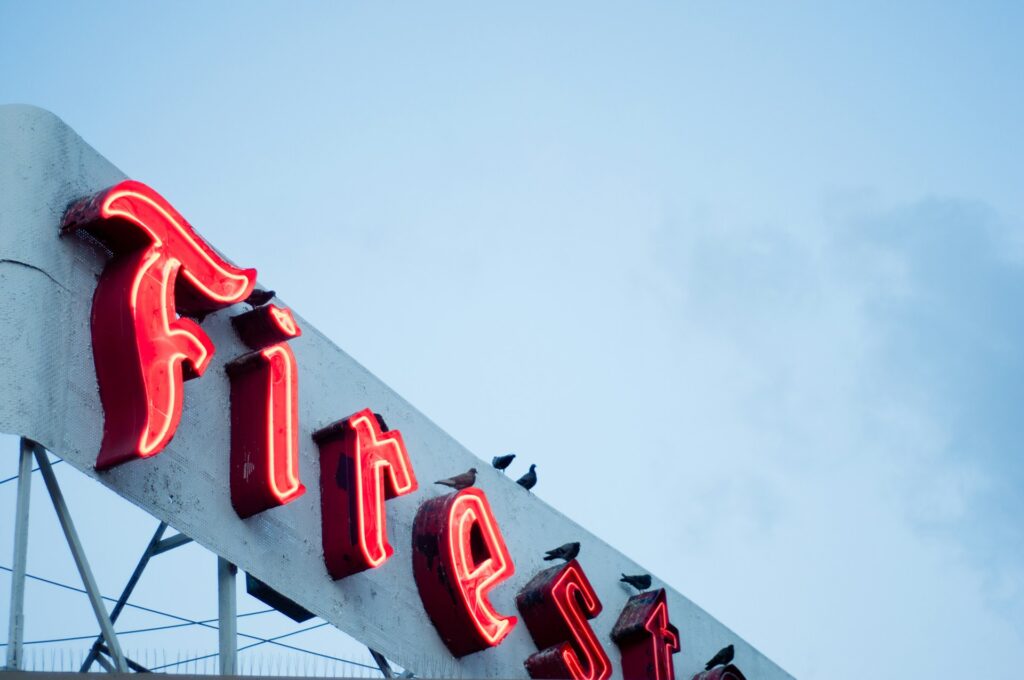
Firestone Tire and Rubber Company was founded in Akron, Ohio, in 1900 and quickly became one of the most recognized tire brands in the United States. It supplied tires for Ford’s Model T and was a household name for generations. In 1988, Japanese tire giant Bridgestone acquired Firestone. This gave Bridgestone a strong foothold in the U.S. market while ending Firestone’s identity as an American-owned company. Today Firestone still operates in the U.S., but it is fully part of Bridgestone Corporation.
Holiday Inn

Holiday Inn was founded in Memphis, Tennessee, in 1952 as an affordable hotel option for American families on road trips. It quickly expanded and became one of the most recognizable hotel chains worldwide. In 1988, British company Bass PLC purchased the brand, and later it became part of InterContinental Hotels Group (IHG). Today Holiday Inn remains popular with travelers around the world, but it is fully British-owned, a surprising fact for those who still see it as an American classic.
Trader Joe’s
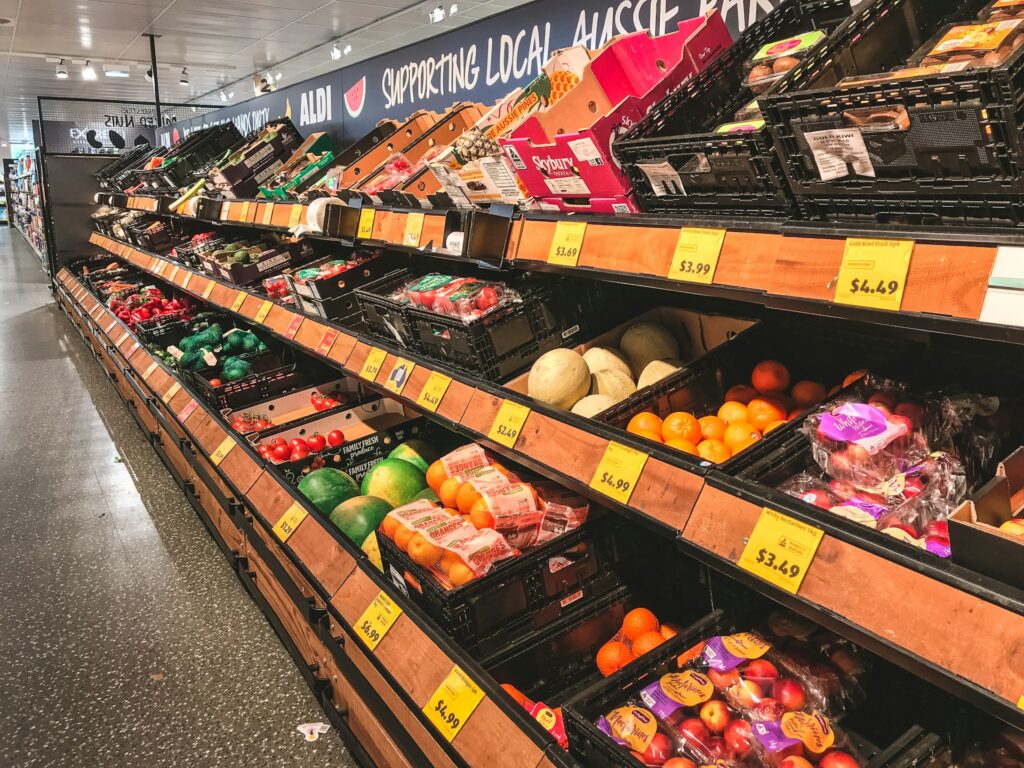
Trader Joe’s feels like the most American grocery store imaginable, known for quirky branding, Hawaiian-shirted staff, and unique store-brand products. However, it has not been American-owned for decades. In 1979, German billionaire Theo Albrecht, co-founder of Aldi, acquired Trader Joe’s. Since then, the chain has operated under German ownership, even as it expanded to more than 500 stores across the United States. While it thrives on American consumer loyalty, it is quietly a European-owned company.
Frigidaire

Frigidaire revolutionized home appliances in the United States after its founding in 1918 in Fort Wayne, Indiana. It was once owned by General Motors and became synonymous with refrigerators to the point that people used the brand name to describe all fridges. In 1986, Swedish company Electrolux bought Frigidaire, making it a foreign-owned brand. Today it still sells appliances across America, but its profits go overseas. The name remains iconic, yet its American roots are long gone.
Trend In Business

Globalization has blurred the lines of national ownership, and many iconic American brands are now controlled by foreign companies. While they continue to shape American culture and consumer habits, the money and decisions often come from overseas. Budweiser, 7-Eleven, Burger King, Firestone, Holiday Inn, Trader Joe’s, and Frigidaire all remind us that what feels American is not always American-owned anymore. This shift reflects a larger trend in business where national identity no longer guarantees ownership, leaving consumers surprised when they discover where their favorite brands truly belong.
Read More: 12 Shopping Mall Brands From The Past Every American Teen Obsessed Over
Disclaimer: This article was created with AI assistance and edited by a human for accuracy and clarity.
